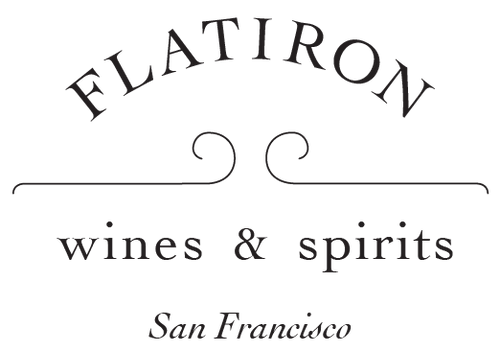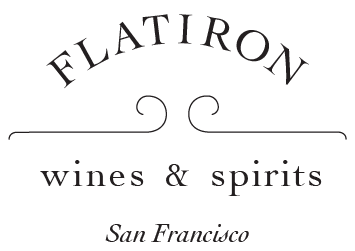La Grange aux Belles
A cadre of friends making wine in Anjou, Grange aux belles was originally founded by Marc Houtin in 2004. Marc had worked internships all around France at many esteemed estates, most notably at Chateau d'Yquem.... Read More
A cadre of friends making wine in Anjou, Grange aux belles was originally founded by Marc Houtin in 2004. Marc had worked internships all around France at many esteemed estates, most notably at Chateau d'Yquem. At the same time he had immersed himself in the world of natural wines and became interested in making light wines with short macerations, organically, with minimal intervention.
Initially he was making wine for the cooperative in Brissac, but was always experimenting with different parcels, making wine that would eventually end up in this or that cuvée. He was eventually joined by Julien Bresteau in 2008 during what turned out to be an infamously disastrous vintage in the Loire. Remi Fournies and Gérald Peau joined the collective shortly after and La Grange aux Belles was born.
That was a very difficult first year but the team decided that if they were going to continue on this venture no matter the risks they were going to double down on their approach. They continued to convert the parcel under their control to organic viticulture and they began to follow the methodology of the French geologist Yves Herody, which is what really changed everything.
Today, the crew is up to 15ha spread around the AOC Coteaux de l'Aubance. This is what is colloquially referred to as black Anjou, as opposed to white Anjou, since the bedrock here is black Schist rather than the white, chalky stuff you get in the rest of Anjou. This is probably one of the most important factors that makes the wines of La Grange aux Belle so sublime. Their best plots have almost no topsoil at all. The wines are therefore sheer, and incredibly tense, which is how we like our Chenin around here. The vines are old too, averaging around 40 years.Along with the Chenin they grow the schist loving red varieties of Gamay and Grolleau.
Another important contribution is that these guys are really serious about sorting, in the vines and after harvest, no doubt having to do with Marc’s time at Yquem. They make up to five passes in the vineyard and, and then sort further on the table. This is essential for the production of wines like these that rely on nature for their stability. Everything is spontaneous fermentation with native yeasts, and the macerations are kept very short. All the whites see barrel fermentation. The reds are split between stainless, concrete and fiberglass.
The wines of Granges Aux belles are exactly what made us fall with natural wines in the first place. They are tense and nervy, transparently showcasing the distinct terroir from which they come. From fun and fresh to seriously mineral driven and age worthy the wines are a joy to drink and another reason why we often turn to the Loire Valley for the best in Natural wine.


